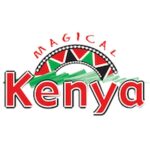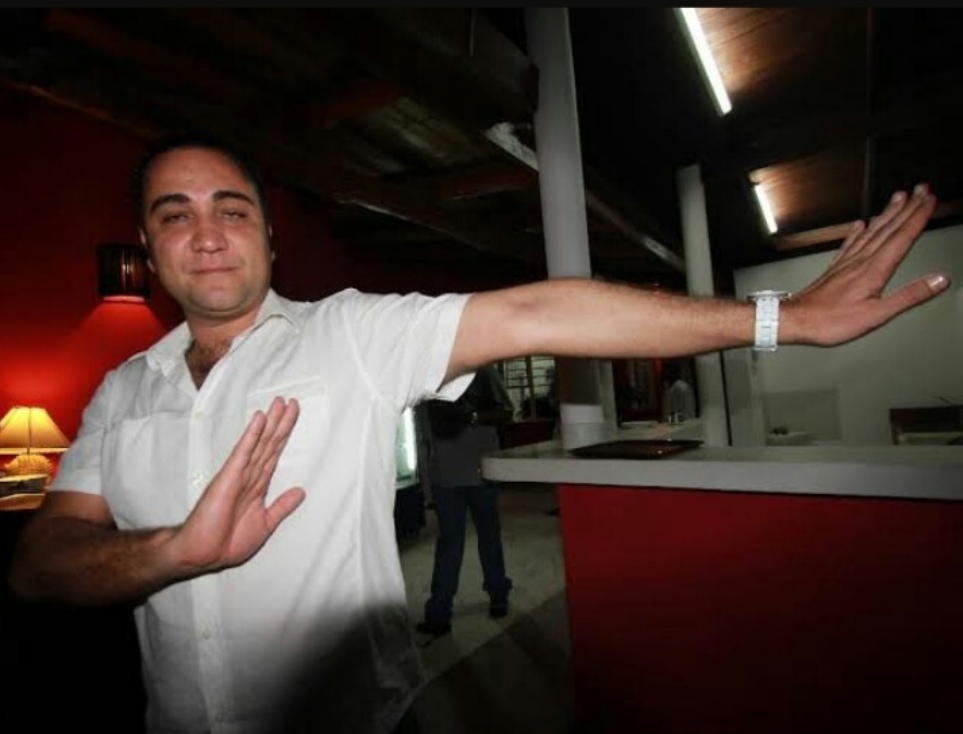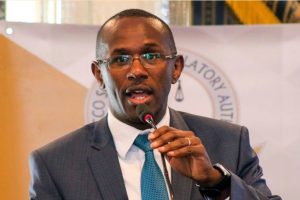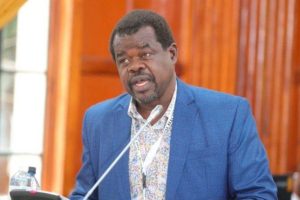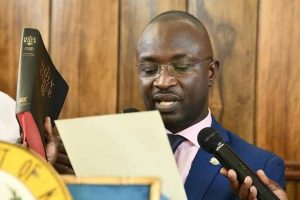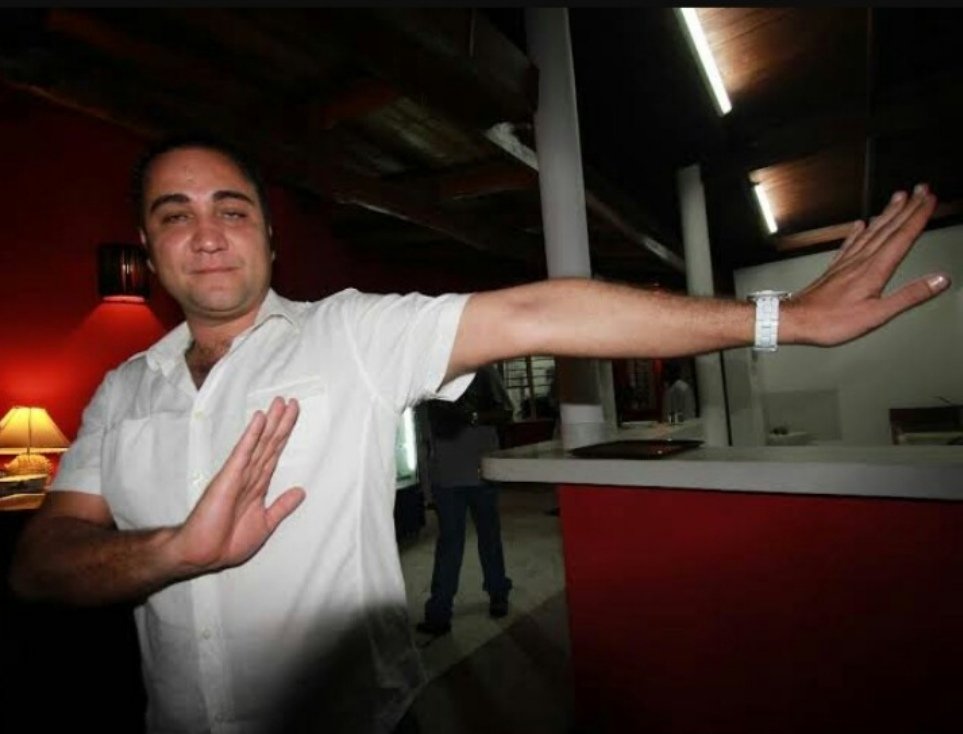
One would pass the humble looking Nurdin Akasha in the streets and not know that he is a wanted by the Interpol for various serious crimes.
For a man whose father Ibrahim Akasha was shot dead on the streets of Netherlands in 2002 having fallen out with the his drug dealing friends and caught in the crossfire of a vicious war between Dutch and Yugoslav drug trafficking gangs.
The daddy, Ibrahim Akasha was shot dead while walking towards Magdi’s cafe alongside his Egyptian wife Gazi Hayat to pursue a debt from the Yugoslav cartels led by Sam Klepper.
Back to his son Nurdin ‘Tinta’ Akasha, the man’s smooth face should not lie to you. It is alleged that he is the head of a dangerous criminal enterprise dealing in drug trafficking, arms dealing, terrorist financing, prostitution and torture.
According to a source, Nurdin Akasha is said to run a torture ring where those ofn the wrong side of his law have their nails removed in the most painful way.
He is link to a local bank which is now at the center of investigations by Central Bank of Kenya over money laundering, tax evasion and other crimes.
The bank which was recently in the news in an extortion case involving a blogger has since panicked as the case against the blogger didn’t add up according to sources at the DCI.
Nurdin is said to have fled to Mombasa where he intends to hide from authorities using his many yachts in international waters in Indian Ocean.
More about Nurdin and the criminal Akasha Family
Thanks to Akasha and other shadowy traffickers, Kenya is an important transit route for Southwest Asian hashish and heroin dealers. Europe is the primary market and North America the secondary destination. One time
Eastern Africa representative of the UN Office on Drugs and Crime, Mr Carsten Hyttel, once remarked that South American traffickers had moved into Kenya.
This was after the tightening of law enforcement in Spain, which was once a main transit point for cocaine headed to Europe.
The Akasha peddling in drugs is the reason the coastal region is still awash with drugs that neither the police nor the judicial system appears able to tame.
How they move drugs
Apart from money laundering which is allegedly being done using Victoria Commercial Bank, the Akasha’s exploit the ungoverned spaces and the weak government control fo the coastal stretch from Kwale to Lamu.
The officials at the Kenya Maritime Authority (KMA), a govt agency that registers private speed boats/yachts are under Nurdin Akasha’s payroll.
Drug entry points
Some of the suspected entry points are Bodo, Kinondo — where a major drug consignment was discovered in 1997 — Shimoni and Majoreni. The Mombasa Old Port on Mombasa Island, Mtwapa Creek, and areas bordering some North Coast hotels, especially where access to the beach is difficult for fishermen and police, are also entry points. Others are in Kanamai area, Kikambala, Bofa, Tezo and Kilifi beach, Watamu, Malindi, Ngomeni, Mambrui and along the beaches of some islands in Lamu.
Also used to bring in the hard drugs, especially at border points, are bicycles and tuktuks (Three-wheeled taxis). There are many ways of carrying drugs when transported by road. They can be carried in spare tyres, thermos flasks, three-piece suits, buibuis, shoes and even private parts or through ingestion.
“Women are increasingly being used as couriers of hard drugs. It is not easy for them to be nabbed,” the former drug dealer says.
It is not a secret that some senior people in government work with drug dealers.
As things stand, the government of Uhuru Kenyatta cannot afford to have the drug dealing tag on them. It is during Kibaki’s time that high level people involved in drugs are believed to have killed internal security ministers.
It is during Kenyatta’s time that drug dealers were dealt with. The Akasha brothers were extradited to the US and faced charges of drug-trafficking and jailed.
Why cant that happen in Kenya?
Why would good policemen be used or lured into the drug trade by the merciless hands of the Akashas?

